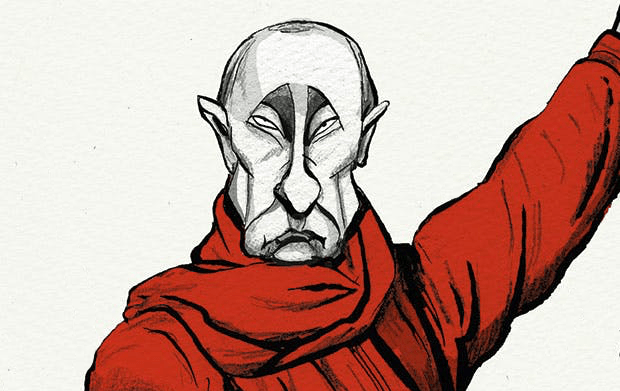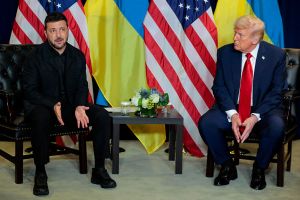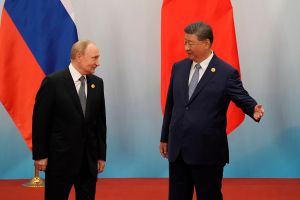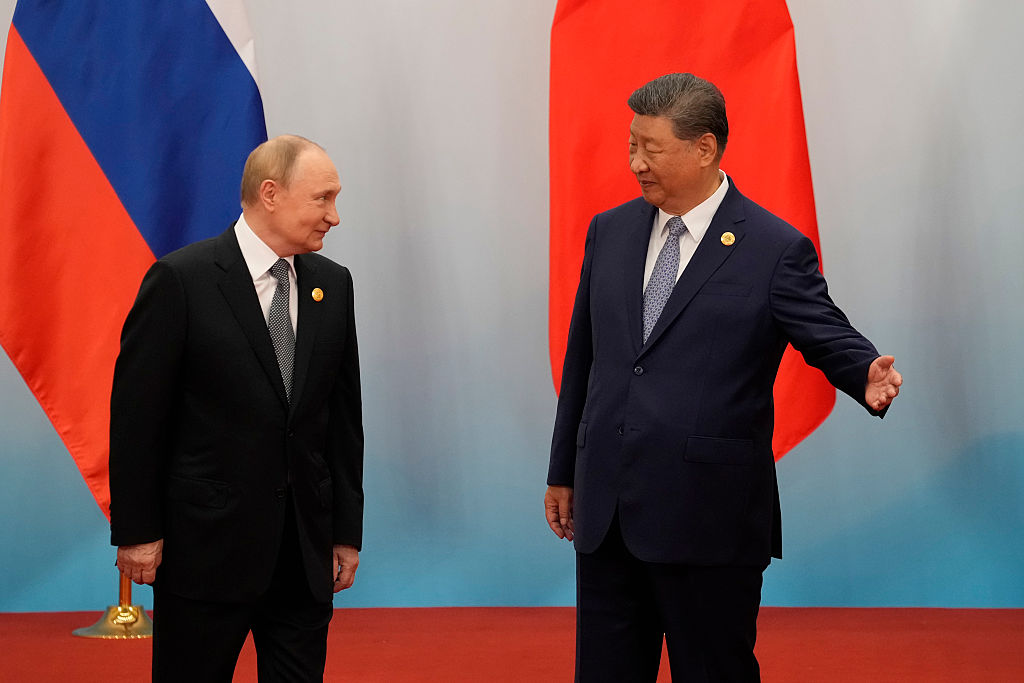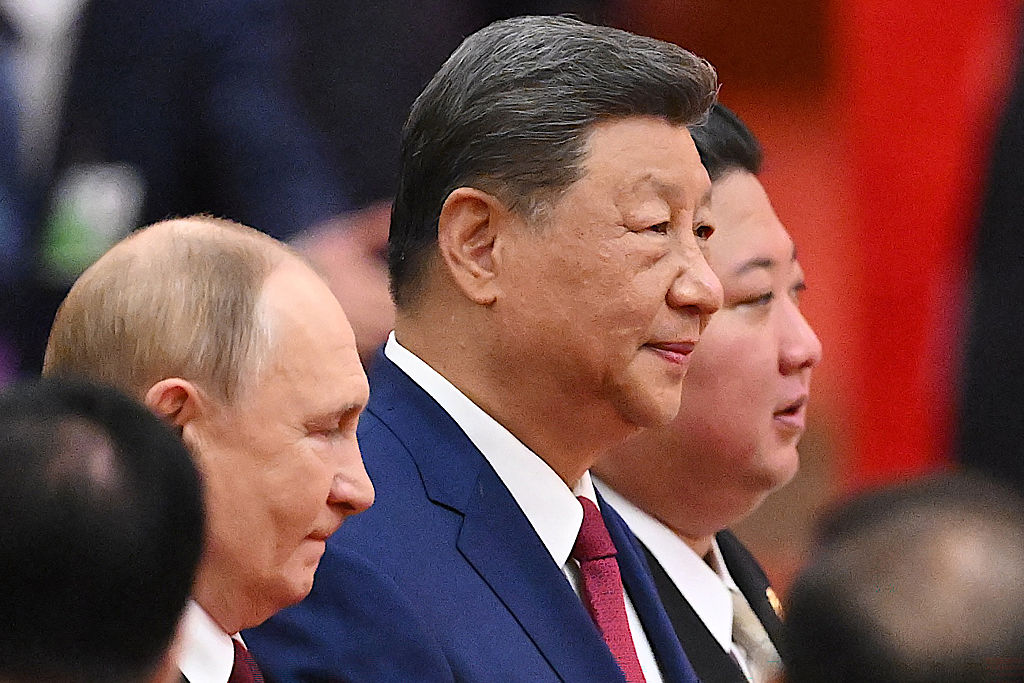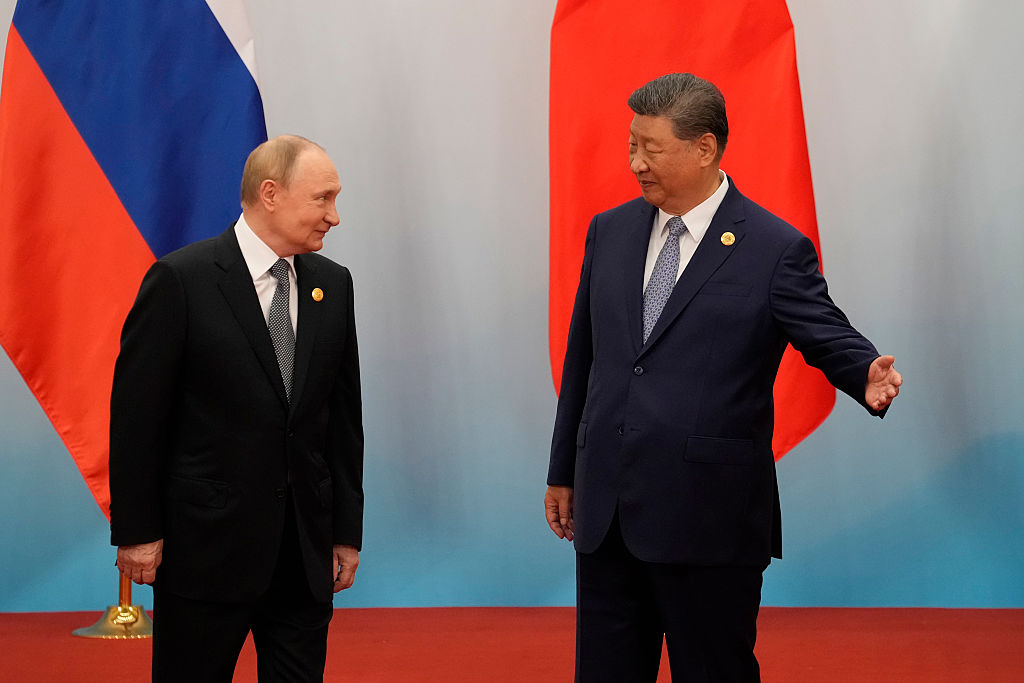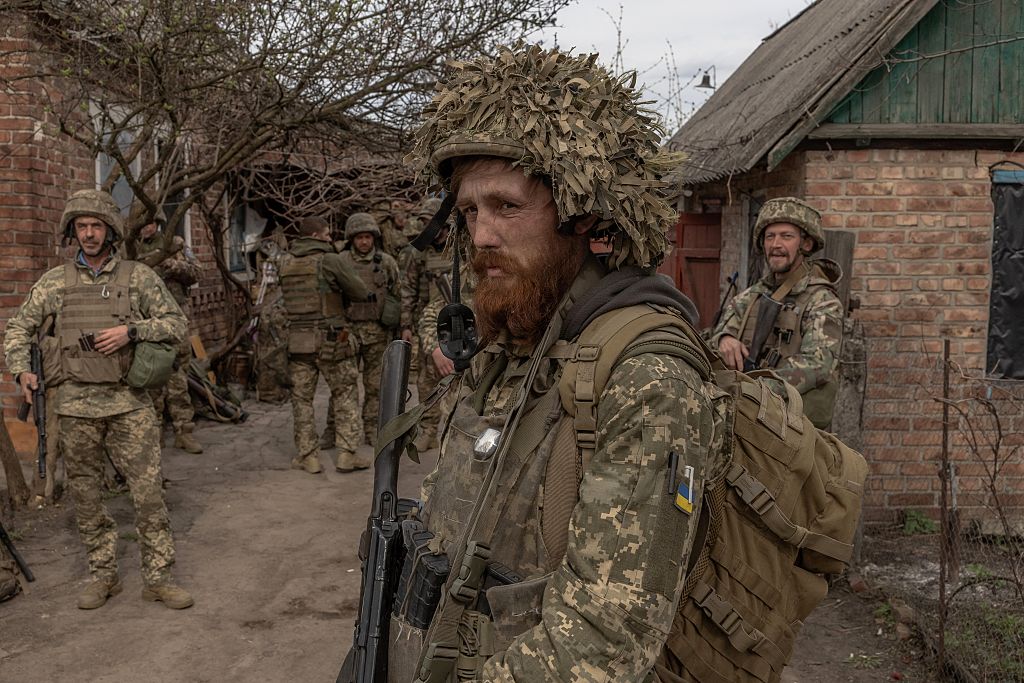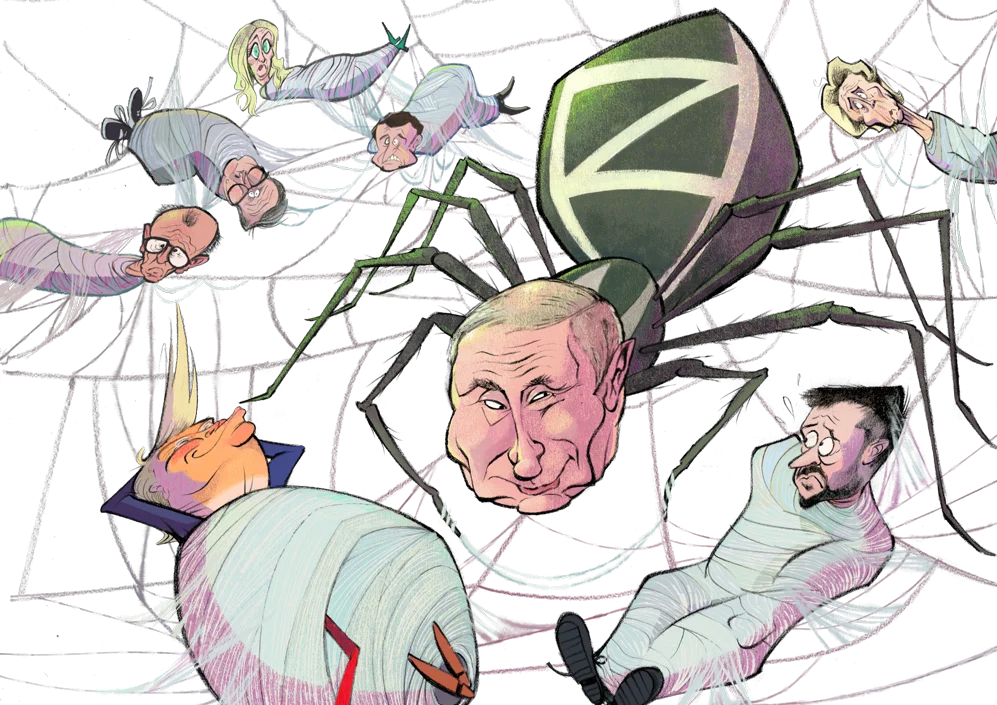From vicious tragedy to outright farce, the saga of the poisoning of Russian opposition leader Alexei Navalny has acquired a surreal new chapter. Pretending to be an aide to the powerful secretary of Russia’s Security Council, Navalny actually rang up one of his would-be assassins and got him to confess, on tape. It’s hilarious; it’s astonishing; it’s embarrassing. Does it prove that Russia’s security agencies are the Keystone Kops of the intelligence world?
Citizen investigator outfit Bellingcat and the Russian journalists of the Insider recently published the results of an extraordinary inquiry into the attempted assassination in August 2020, when he was on a campaign visit to Tomsk, in Siberia. Beyond their own diligence, they appear to have been assisted by the massive Russian black market in data, from phone records to bank details. This allowed them to track the contacts and movements of an eight-man team of medical doctors and chemical weapons experts from the Federal Security Service (FSB), who had been shadowing him for years.
We now learn that, just before the report was released, Navalny, with characteristic audacity, rang up two of the team. He pretended to be one ‘Maxim Ustinov,’ an aide to Nikolai Patrushev, the formidable KGB veteran who heads up the Security Council, with a few questions to ask.
One, Mikhail Shvets, seems to be a former FSB special forces operator. He cottoned on at once, curtly replying ‘I know exactly who you are’ — Navalny’s voice is quite recognisable — before hanging up.
The other, chemical warfare specialist Konstantin Kudryavtsev, was rather less streetwise. He took ‘Ustinov’ at face value, and with minimal concerns that this was being done over the phone — and over an insecure line, at that — proceeded to walk him through the operation, even confirming the colour of the underwear onto which novichok nerve agent was sprayed. (Blue boxers, if you’re wondering.)
He also confirmed just how far Navalny’s survival depended on good luck and the professionalism of other Russians: the pilot who diverted his flight to Omsk, and the paramedics who treated him on the tarmac, rightly suspecting nerve agent poisoning and treating him with atropine. This will probably not be a happy Christmas for poor Konstantin, nor likely anyone in his team or his chain of command.
This is, after all, not like the attempted killing of Sergei Skripal. The use of novichok then was intended eventually to be known, because Moscow wanted London to know who was to blame, even while it smirkingly proclaimed its innocence. Likewise, in the age of biometric visas, ubiquitous CCTV and facial-recognition software, it knew the two GRU — military intelligence — officers responsible would be identified. That is presumably why they used Spetsnaz special forces officers, men who could carry out this single mission and then return to their units.
Of course, that Skripal survived and the speed with which the plot unravelled was a setback for the Russians, as was the spectacular own-goal which saw the two officers interviewed on TV, trying to claim they were in Salisbury simply to admire the cathedral’s famous 123-metre spire.
But that PR blunder was the Kremlin’s mistake, not the GRU’s. Although at the time, some predicted a furious Putin would purge the agency, there were no such negative consequences. Indeed, he went on to praise it to the rafters when he celebrated its hundredth anniversary.
As a former intelligence officer himself, Putin understands that these kinds of operations are risky, and that it was inevitable that the truth would out. The GRU is essentially the Kremlin’s heavy squad, there to raise havoc and venture into the world’s hotspots. You can’t do that without leaving a trail of damage.
This case, though, is rather different. The FSB was operating on its home turf. It had all the advantages and yet managed to fail and land the Kremlin with a major international headache. It could not even keep the identities of its agents secret and one of them inadvertently outed the operation to the intended victim.
This, surely, cannot be written off as unavoidable bad luck. FSB director Alexander Bortnikov is a Putin loyalist and a client of Patrushev’s and for him to go would be a serious signal. On the other hand, he is just a year short of retirement, so that could offer a face-saving pretext. More likely are retirements and dismissals further down the chain of command.
However, it is almost inconceivable that the Kremlin will change its fundamental strategy. It regards itself as being at political war with the West, that its status and survival depend on being able to divide, distract and demoralise us. The intelligence agencies are crucial to this struggle, which is why Russian activities are at the same tempo as at the height of the Cold War and why, even as defense spending has plateaued and fallen, the intelligence budgets have been protected.
Instead, there will be a new effort to clamp down on the availability of all this meant-to-be-confidential data (though given that it is likely to be mainly sold by corrupt security officers, this is unlikely to succeed) and also the intrepid Russian investigative journalists who continue to uncover secrets the Kremlin wants kept, from corruption to assassination. And I dare say a lot of officers will be getting refresher courses in basic operational security.
Yet it is worth noting that this same week has witnessed the unfolding of a massive hack of US government computer systems in a sophisticated Russian operation that will take months or even years to address. We must not assume Moscow’s spooks do not pose a threat and cannot be imaginative and effective.
The real issue is one of mindsets. The Kremlin considers itself at war: it is not especially worried about being ‘named and shamed’ as it feels no shame, and it accepts that it will lose individual battles, so long as it does not lose the war. It is determined not to let that happen. Let us enjoy Mr Kudryavtsev’s indiscretion, but not let it make us complacent.



